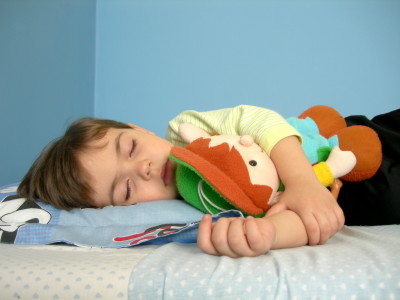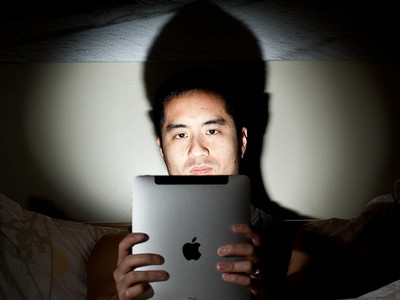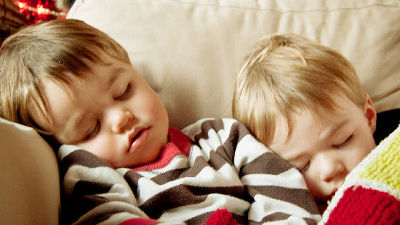Advise on how to sleep by the authority of sleep research asserting that "sleeping time is easy to death if it is less than 7 hours"

It is self-evident that better sleep brings a better life, but how to get high quality sleep depends on various opinions and methods, and it is a matter of which one should be done. Professor Matthew Walker of the University of California at Berkeley, the foremost researcher of sleep research, advises Q & A about "How should I get sleep?" The effective sleeping method which got the certification by the authority of sleep science is as follows.
Productive on six hours of sleep? You're deluding yourself, expert says - Chicago Tribune
http://www.chicagotribune.com/bluesky/originals/ct-bsi-why-we-sleep-matt-walker-20171003-story.html
Professor Matthew Walker who teaches neurology and psychology is also a prominent researcher in sleep research. "Why We Sleep: Unlocking the Power of Sleep and DreamsAccording to Dr. Walker, the leading authority on sleep science, established as the author of Human Sleep Science Center, it is easy to cause stroke, heart attack, immune disorder, etc. if sleeping time is less than 7 hours, The risk increases. Dr. Walker answers in Q & A format about how to harness sleep and how to make maximum use of sleep.
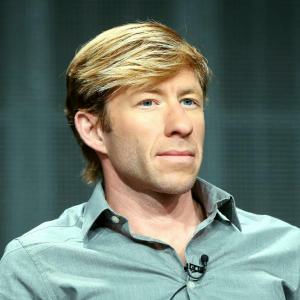
Q:
How do you comment on those who sacrifice sleep for work?
Dr. Walker:
I am constantly asking, "What is the reason for having as much work to do as I can not sleep? It is obvious that I can not work efficiently?" Efficiency is increased by taking enough sleep. If work efficiency falls asleep, you need to work for a longer period of time and fall into a vicious circle of sleep deprivation.
Q:
How long should I sleep?
Dr. Walker:
For adults, we recommend "7 to 9 hours". It is because there are individual differences like the caloric intake that has the width. However, the lower limit (7 hours) is a strict boundary. If sleeping time is less than 7 hours, it can be inferred that significant damage to the health of the brain and body occurs. Unfortunately, those who claim that "Sleeping for less than 6 hours is fine" deceives you and your health.
Q:
How do you know if sleep is enough?
Dr. Walker:
If you do not set an alarm clock, will you oversleep? If answering "yes", it is clear that more sleep is needed. Do you tend to sleep for a long time over the weekend? That is to get rid of the "debt" piled up in the week on the weekend. But such behavior does not work well. It can not be like a bank that can repay debts in bulk. I can not save debt and I can not pay later.
Q:
What happens when you take caffeine during the day?
Dr. Walker:
The effect that caffeine exerts on the body is "disturbance of sleeping". A little bit of caffeine's good point is to improve sleeping, but if caffeine remains in your body even a little, it will disturb deep sleep dramatically. Therefore, people who say "sleeping is very good" are not necessarily reliable.
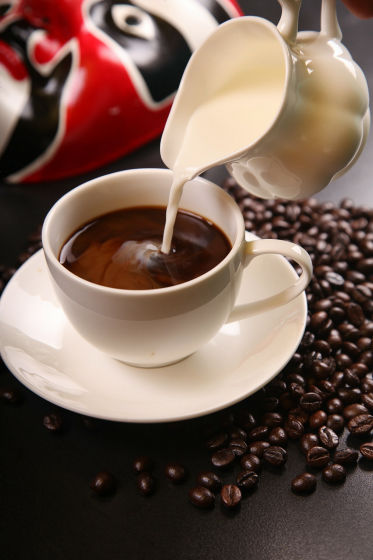
Q:
How about the habit of drinking wine in the evening?
Dr. Walker:
It is a misunderstanding that "alcohol helps sleep". Alcohol is a sedative. Sedation is not a sleep. Sedation has no recovery like sleep. When alcohol is ingested from 6 to 8 hours before going to bed, what alcohol first does is "REM sleep, That is, disturbance of dreaming sleep. REM sleep has something to do with the function of the brain and the body. And alcohol breaks asleep. In the case of drinking, the number of times you can wake up at night will increase, compared to when you do not. There is a tendency to get up many times, but many people do not realize it. Therefore, I do not feel refreshed even though I wake up in the morning. The cause may be a glass of red wine that you drank before entering the bed. By waking up many times in the middle of the night, you will have a state of unclearness next morning.
Q:
How do I prepare to sleep?
Dr. Walker:
Please stop looking at the display one hour before entering the bed. "The modern age deprived of the darkness", even the light of the display and even a small light in the room suppresses the rising level of melatonin, delaying the beginning of sleep. Therefore, dimming the interior is helpful. If you need to do something, please use some light cutting software. Actually, it is necessary to completely stop the equipment.
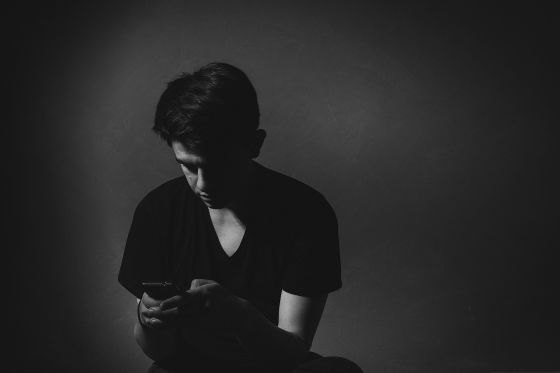
Q:
What is the tool that helps Walker's sleep?
Dr. Walker:
I use an earplug and a mask that masks my face. When traveling, I will definitely wear an earplug and a mask. When you are at home, use blackout curtains. Perhaps you think it is stale, but I am doing this.
Related Posts:
in Science, Posted by darkhorse_log

